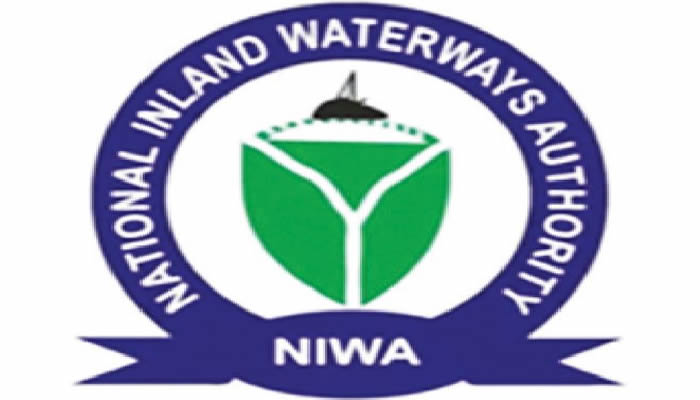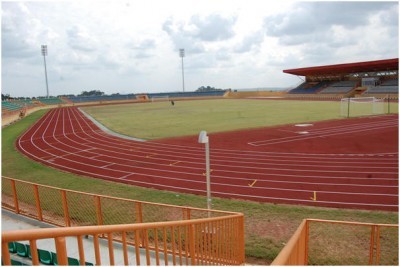The Egrangbene Federated Communities, situated along the Ramos River in Burutu Local Government Area, Delta State, Nigeria, have lodged a formal complaint against Sterling Oil Exploration & Energy Production Company Limited (SEEPCO) concerning the company’s nocturnal vessel operations. The communities allege that SEEPCO’s large vessels, operating under the cover of darkness, have caused a series of accidents, near misses, and other harmful incidents, jeopardizing the safety and livelihoods of the riverine population. The petition, submitted to the Nigeria Inland Waterways Authority (NIWA), highlights the communities’ deep concerns regarding the alleged disregard for safety regulations and the detrimental impact on their traditional way of life.
The core of the communities’ grievance lies in SEEPCO’s alleged violation of the NIWA Act and several Federal Government Gazettes, which prohibit night sailing in the region’s waterways. Despite repeated attempts by the communities to draw SEEPCO’s attention to these regulations, their pleas have reportedly been met with resistance and disregard. The ensuing night-time vessel operations have resulted in a litany of adverse consequences, including the destruction of fishing equipment, canoes, and even residential buildings and jetties. The communities further claim that the noise and disturbance caused by the vessels have disrupted their sleep patterns and caused undue stress, particularly among pregnant women and children.
The precarious situation has also had a severe economic impact on the communities, whose livelihoods are primarily dependent on fishing. The destruction of fishing nets and traps, coupled with the disruption of nocturnal fishing activities, has led to a significant decline in their catch, pushing many families into a state of food insecurity and economic hardship. Furthermore, the fear of accidents and collisions has created a climate of anxiety and fear, especially during periods of inclement weather, when visibility is reduced and the risks are amplified. The narrow nature of the Ramos River exacerbates these dangers, making navigation challenging and increasing the likelihood of accidents.
The communities’ desperation culminated in a civil protest on March 22, 2025, aimed at halting SEEPCO’s night-time operations. The protest subsequently led to a meeting between the communities, SEEPCO, and representatives of the Joint Task Force (JTF) South-South, Operation Delta Safe. During this meeting, SEEPCO purportedly justified its actions by claiming to have received authorization from NIWA for night sailing, despite the existing prohibitions. The communities, however, dispute this claim, asserting that SEEPCO’s actions prioritize economic interests over the safety and well-being of the local population.
The petition, addressed to various authorities including NIWA, the Joint Task Force, the Ministry of Environment, the Burutu Local Government Area Chairman, the Delta State Commissioner of Police, the Ministry of Oil & Gas, and the Ministers of Transport and Petroleum, seeks clarification on the legality of SEEPCO’s night-time operations. The communities demand that NIWA explicitly state whether such operations are permitted, particularly for vessels of that size, and whether SEEPCO has indeed been granted a special permit for night sailing. They also emphasize their constitutional rights to life and safety, as guaranteed by Sections 33 and 34 of the 1999 Constitution of the Federal Republic of Nigeria.
The communities’ petition underscores the critical need for a balanced approach to development that respects both economic interests and the rights of local communities. The alleged disregard for safety regulations, coupled with the ensuing economic hardship and environmental damage, highlights the potential for conflict when industrial activities encroach upon traditional ways of life. The case also raises important questions about the enforcement of existing laws and the effectiveness of regulatory bodies in protecting the interests of vulnerable populations. The absence of a timely response from SEEPCO further fuels the communities’ concerns and underscores the need for transparency and accountability in the oil and gas sector. The communities await a response from the relevant authorities and hope for a resolution that safeguards their safety, livelihoods, and their right to a peaceful existence.












